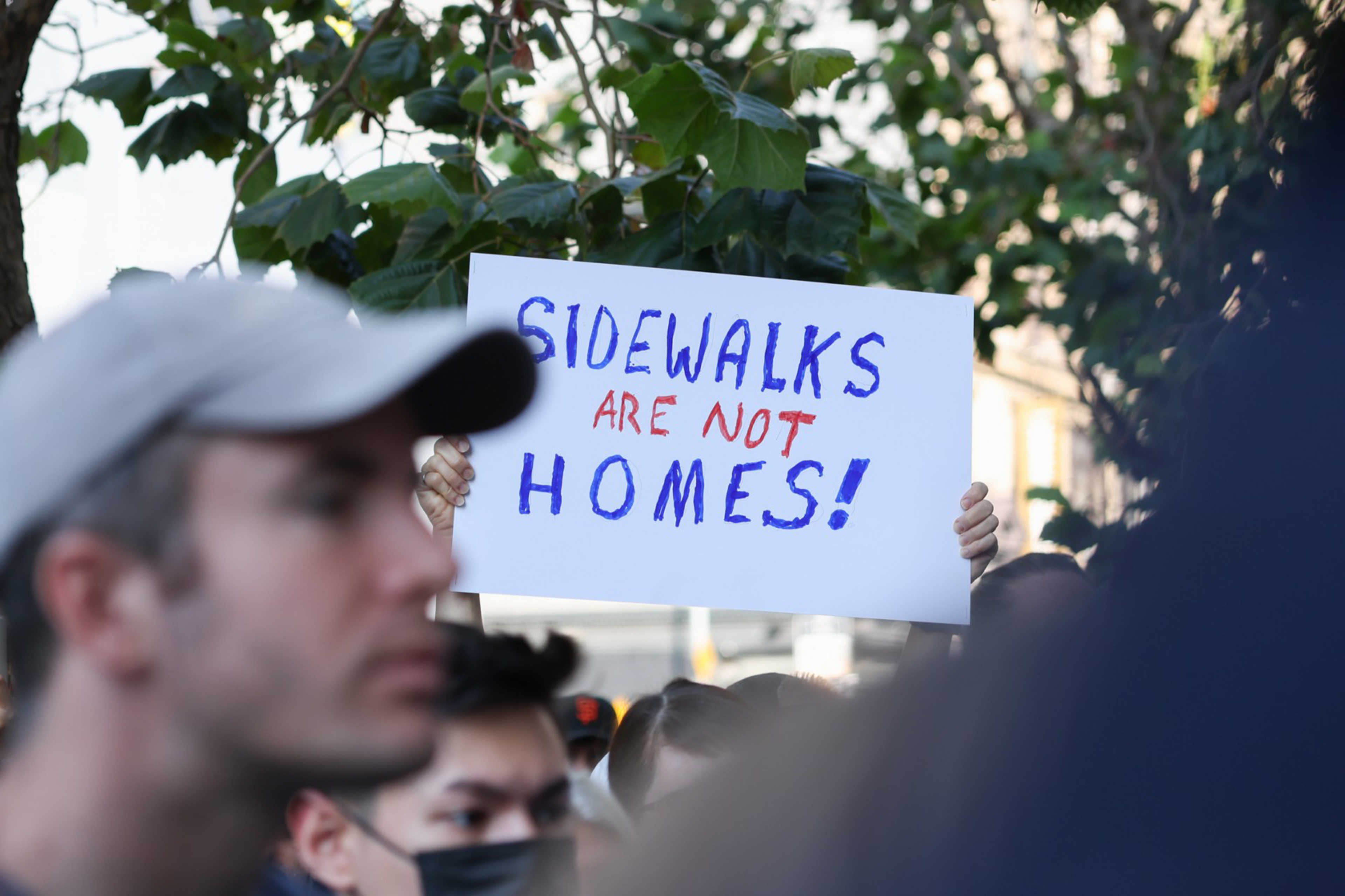A panel of federal judges has denied part of San Francisco’s request to amend an injunction that restricts the city from moving homeless encampments without first offering their inhabitants shelter beds.
The injunction, issued by U.S. Magistrate Judge Donna Ryu in response to a lawsuit filed against the city by the nonprofit Coalition on Homelessness, temporarily banned enforcing laws that prohibit sitting, lying down or lodging in public spaces against involuntarily homeless people.
The coalition filed the lawsuit alleging the city had violated federal precedent by displacing and destroying homeless encampments without offering shelter.
READ MORE: Gavin Newsom Joins Chorus of Opposition to San Francisco Homeless Sweeps Ban
The city appealed the injunction in a motion to the Ninth Circuit Court of Appeals, arguing that Ryu’s ruling didn’t provide a clear definition of an involuntary homeless person.
In a filing released Tuesday, three judges from the Ninth Circuit Court denied part of the city’s motion to amend the injunction (opens in new tab), finding that the two parties agree on what defines an involuntarily homeless person. That question was the subject of extensive discussion at an Aug. 23 hearing before the panel.
While that request was denied, City Attorney David Chiu said in a statement he was pleased the court agreed that people who refuse shelter can’t be considered involuntarily homeless.
“We look forward to the court’s decision on the other substantive issues raised in our appeal,” Chiu said.
Zal Shroff, acting legal director of the Lawyers’ Committee for Civil Rights of the San Francisco Bay Area and an attorney representing the Coalition on Homelessness, said he also considered the panel’s filing a “huge win.”
Shroff pointed to wording in the Ninth Circuit’s memo (opens in new tab), which clarified that a person can’t be considered involuntarily homeless as long as they’re given a “specific” offer of “available shelter.” Shroff said the motion might ultimately shed light on the city’s lack of shelter beds.
“We’ll see what the city does with that,” Shroff said. “That’s going to be a win for San Francisco and all San Francisco residents because it means we’re going to see actual exits from street homelessness.”
Over 4,000 people sleep on the city’s streets on any given night, while San Francisco maintains just over 3,000 shelter beds at somewhere between 90% and 95% capacity to make room for emergency admissions.
The shelter waitlist has grown to nearly 500 people as the city struggles to connect with those who have made reservations by the time a bed is available. However, the city has argued that the shelter shortage shouldn’t restrict them from moving homeless encampments when a bed is offered.
